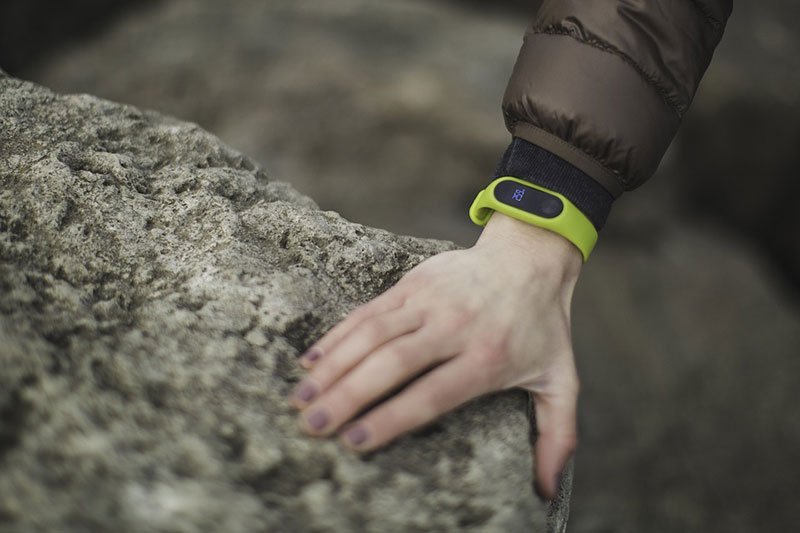Artificial Intelligence (AI) is becoming more and more sophisticated at imitating humans, but more efficiently, quickly and at a lower cost. Artificial Intelligence is the game-changer in healthcare. AI-enabled wearables offer on-demand self-diagnosis in real-time.
Read more Innovative Wearables Helping To Change The Healthcare Landscape
What distinguishes AI technology from traditional technologies in healthcare is the ability to gather data, process it, and give a well-defined output to the end-user. AI does this through machine learning algorithms and deep learning. These algorithms can recognize patterns in behavior and create their own logic.
In the healthcare industry, IoT is driving the evolution of wearables. Medical wearables typically collect health data, monitor it, and interact with users. It provides the user and the physician with awareness of various health parameters.
As the market grows for wearables, bigger players like Apple, Fitbit, Samsung, Huawei, and Xiaomi are developing more advanced AI-enabled wearables and this is pushing the boundaries of the capabilities of wearables.
AI algorithms can diagnose diseases faster and more accurately than conventional methods. They are particularly successful in detecting diseases from image-based test results.
According to an analysis by Accenture, AI applications in healthcare can make annual savings of $150 billion dollars for US healthcare by 2026.

Wearables allow self-diagnosis that makes people aware of their health conditions. Self-diagnosis removes suspicions and skepticisms related to tools used and the facility from peoples’ minds, reports AnalyticsInsight.
Here are some AI-enabled wearables used in healthcare diagnosis:
Smartwatches can now monitor heart rate and blood pressure. Some newer models like Apple Watch Series 4 can even provide ECG reading. There are watches that can monitor blood oxygen levels, sleep, stress, and more.
Wearable biosensors. Philips developed a self-adhesive biosensor that can measure vital signs like heart rate, ECG, Skin temperature, and respiratory rate.
Nirami solutions developed a portable device that can detect breast cancer. This low-cost device uses AI to detect the growth of cancer cells in the breast.
Read more How FDA is Backing the Use of Artificial Intelligence in Telemedicine
Takeaway
Digitally enabled diagnosis tools and Ai-enabled wearables are transforming healthcare diagnostics. One of the most amazing developments in this field are devices connected with IoT and wearables that can detect and diagnose diseases.












